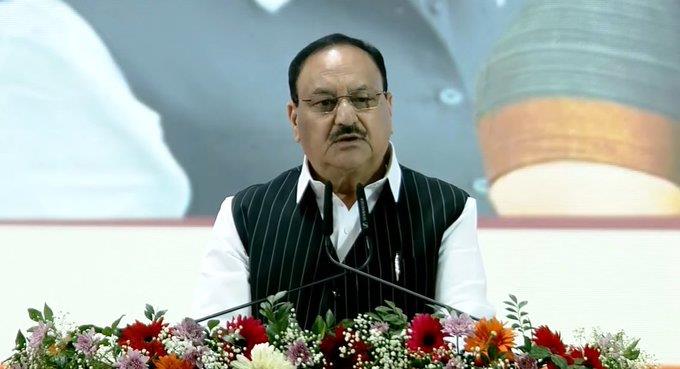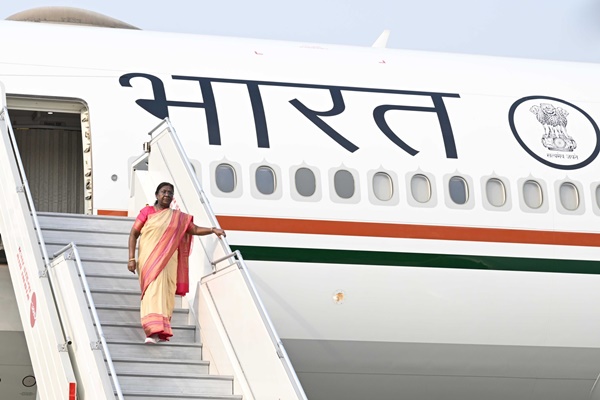Under Trump, U.S. enters a new ‘Cold War’ with China
Thu 11 Oct 2018, 10:44:54
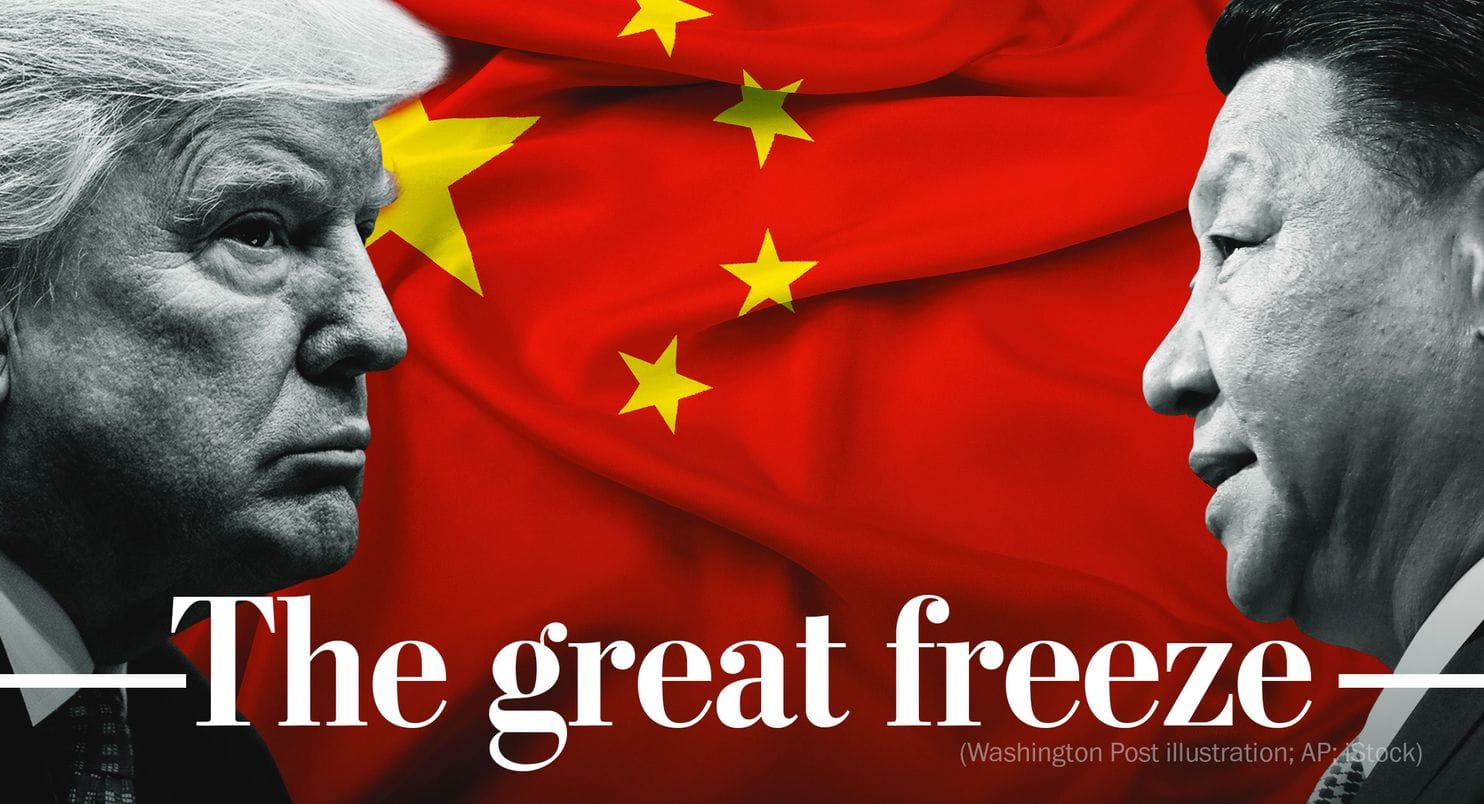
The Trump administration is throwing down the gauntlet in front of China. It has already launched the first major salvos of a trade war. It approved a $330 million arms sale to Taiwan last month. And now its top officials are taking part in a rhetorical offensive against Beijing that shows few signs of abating.
In a speech last week at a conservative think tank, Vice President Pence called for a reset in U.S.-China ties. He attacked China for its alleged hacking and espionage attempts within the United States, its theft of U.S. technological secrets, its supposedly unfair trade practices, its bullying diplomacy abroad and its crackdown on the rights of ethnic and religious minorities at home. Pence argued that the White House now sees Beijing as a rival in an age of “great power competition” — a marked departure from previous administrations, which hoped to accommodate a rising China as a “responsible stakeholder” in the international system.
“The speech’s real significance was its promise that the United States will newly confront Beijing’s worldwide economic and strategic aggression, oppose its internal repression and compel the Chinese government to change its behavior on both fronts,” my colleague Josh Rogin observed. This new China policy, which marries economic nationalism with brute hawkishness, “would have been unthinkable coming from the Obama administration,” he wrote.
Pence reiterated the message in a radio interview aired Wednesday. “China has largely abandoned the pathway of more freedom,” the vice president told right-wing radio host Hugh Hewitt, cataloguing a list of complaints about Chinese behavior, including the central government’s construction of “an unparalleled surveillance state.”
Elsewhere on Wednesday, a congressional commission that monitors human rights in China discussed Beijing’s sweeping repression of Uighur Muslims in the far-western region of Xinjiang. Reports indicate that as many as 1 million Uighurs and other minorities have been interned in “political reeducation” camps. “The commission’s co-chairmen, Sen. Marco Rubio (R-Fla.) and Rep. Christopher H. Smith (R-N.J.), unveiled a bill that seeks to condemn the Chinese crackdowns in Xinjiang and urged the U.S. government to consider sanctions on Chinese leaders,” my colleagues reported.
Analysts suggest that Chinese officials have been stung by the White House’s overt hostility. “This will look like the declaration of a new Cold War, and what China may do is more important than what it will say about Pence’s speech,” Zhang Baohui, professor of international relations at Lingnan University in Hong Kong, told the New York Times.
Indeed, Beijing has reacted frostily so far. After swinging through the Korean Peninsula over the weekend, Secretary of State Mike Pompeo had a brief, combative stay in the Chinese capital. “We demand the U.S. stop such misguided actions,” Chinese Foreign Minister Wang Yi said at a news conference, referring to Washington’s harsh words as well as to the trade tensions that have cast “a shadow”
over relations.
over relations.
Wang added that those disagreements would impair cooperation between the two countries on other issues, including North Korea. “Two major powers and permanent members of the U.N. Security Council need to, and should, increase communication and cooperation, taking on responsibilities in international society,” Wang said.
The sparring between the two countries seems set to continue. “Trump vowed last month to impose levies on all Chinese imports if Beijing refuses to abandon trade practices he considers predatory, including a requirement that U.S. companies surrender trade secrets in return for access to the Chinese market, and the theft of intellectual property from American companies,” noted my colleagues. “But Xi has dug in his heels, pledging to boost domestic industries, increase exports and pour billions of dollars into infrastructure projects.”
Prominent members of the American business community — including Apple CEO Tim Cook, who visited China this week — lament the tense climate. But they do not have many sympathizers in the administration, which seems enthused by the prospect of an epic clash with a geopolitical adversary.
“To the mix of longtime China hawks and trade hawks now driving U.S. policy, national security matters more than economic friction, and many of the protestations from the U.S. business community may fall on deaf ears,” Walter Russell Mead wrote in a column for the Wall Street Journal. “Both China and the U.S. are likely to move quickly, unpredictably and disruptively as they struggle for advantage; Wall Street should brace itself for further shocks.”
Critics of the administration’s China policy warn that Trump is opting for confrontation over coherent strategy. Is he simply trying to hold the line in the Pacific? Or is he hoping to ultimately push for a radical shake-up in Beijing? “It surely feels good, for officials and policy wonks who have worried about China’s rise for years, to talk frankly about Beijing’s misdeeds and declare that competition is no longer a ‘four-letter word,’” wrote Hal Brands of Bloomberg View. “Yet until the U.S. figures out what its long-term objectives are, until it assembles a comprehensive set of policies for obtaining those objectives, it is unlikely to win the struggle it now seems to be embracing.”
Robert Kaplan, a senior fellow at the Center for a New American Security, argued that U.S. allies in Asia, particularly those enmeshed in dangerous maritime disputes with Beijing, need Washington to play its traditional role of “balancer” in the region — not that of “an outright enemy” of China.
“President Trump has communicated more uncertainty in the minds of our Asian allies than any previous U.S. leader of modern times. This might force them to conclude separate understandings with China,” Kaplan wrote in an op-ed for The Washington Post. “Such a process will be insidious, rarely admitted and almost never on the front pages. Yet, one day, we will wake up and realize that Asia has irrevocably changed.”
No Comments For This Post, Be first to write a Comment.
Most viewed from International
Most viewed from World
AIMIM News
Latest Urdu News
Most Viewed
May 26, 2020
Do you think Canada-India relations will improve under New PM Mark Carney?
Latest Videos View All
Like Us
Home
About Us
Advertise With Us
All Polls
Epaper Archives
Privacy Policy
Contact Us
Download Etemaad App
© 2025 Etemaad Daily News, All Rights Reserved.

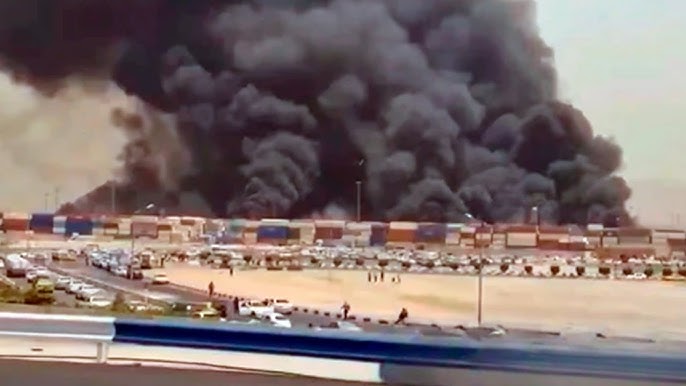

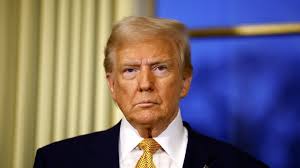

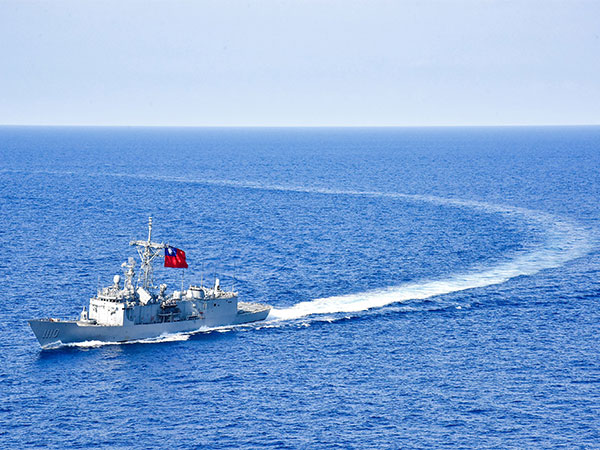
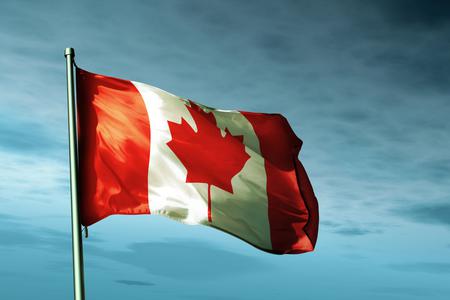


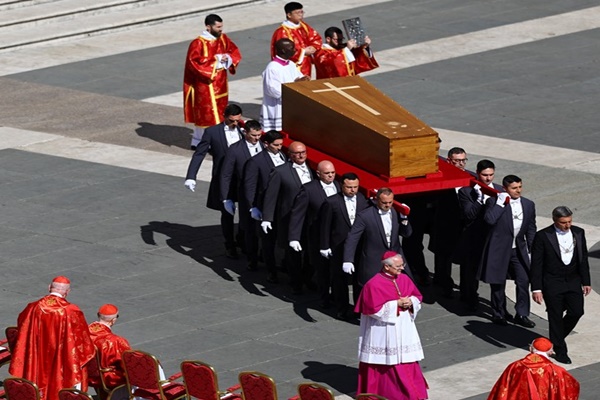
.jpg)
.jpg)
.jpg)




